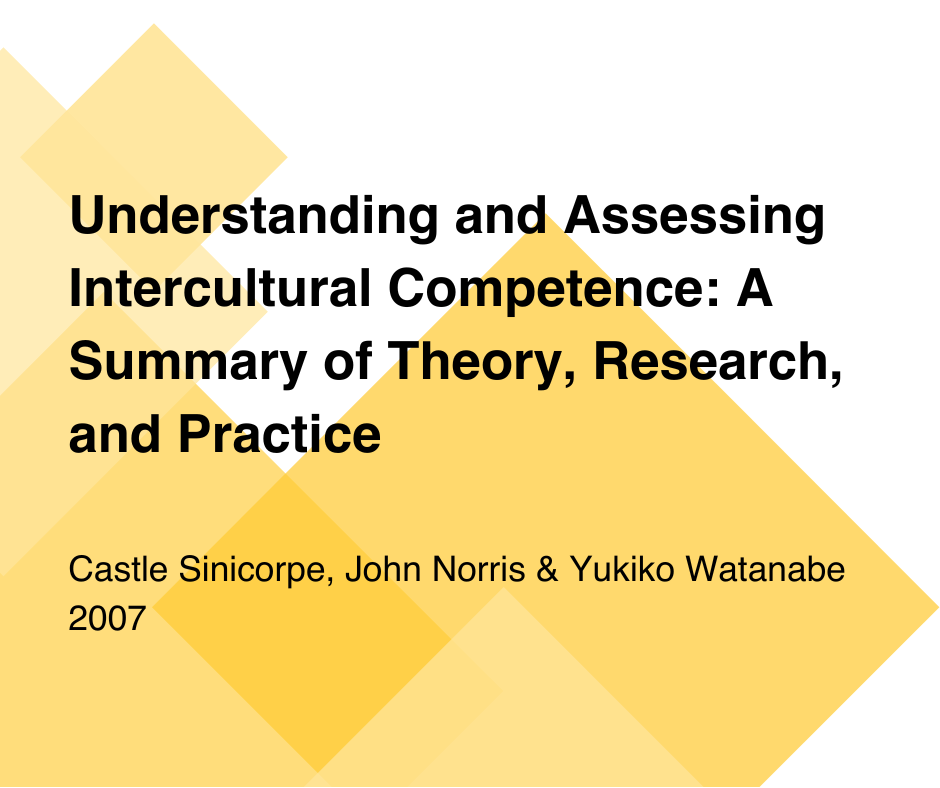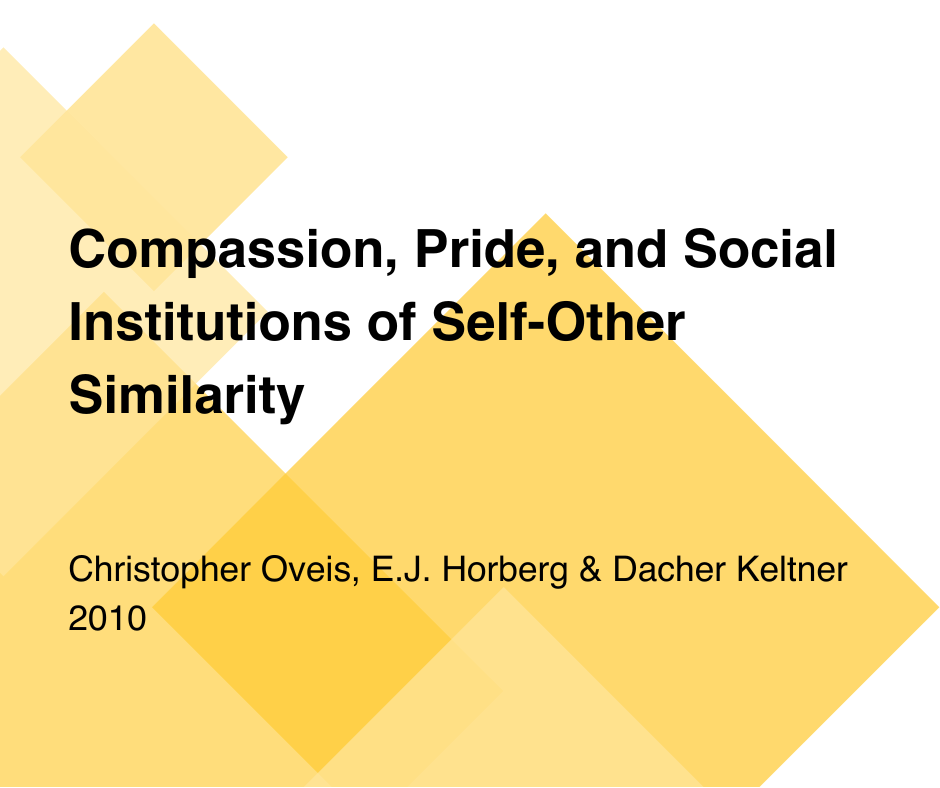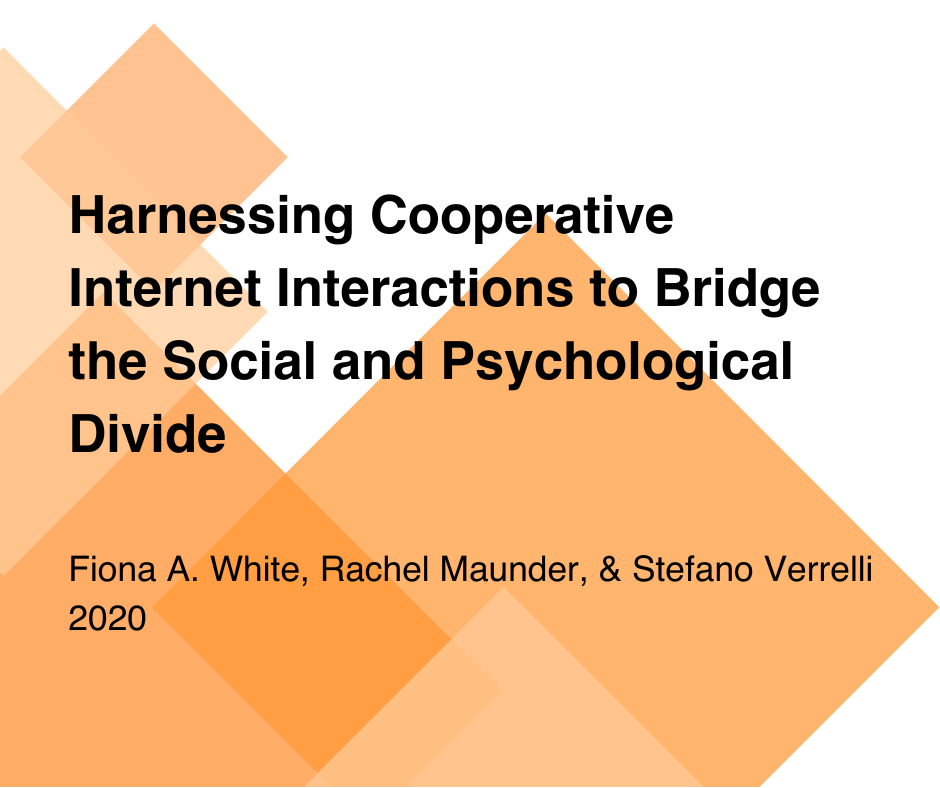Research Framework & Goals
Break barriers. Embrace diversity.
Soliya leads the charge in dismantling prejudice and forging intergroup understanding. Guided by the powerful intergroup contact theory, our evidence based research was shaped in partnership with eminent cognitive neuro-scientists. Through immersive connections across differences, we empower participants to develop global competencies, ignite empathy and a shared sense of belonging, and take action towards social cohesion and civic engagement.
Research Collaborators
Soliya's cutting-edge research thrives on transformative collaborations with cognitive neuro-scientists and researchers.
The Saxelab Social Cognitive Neuroscience Laboratory at MIT, led by Dr. Rebecca Saxe and Dr. Emile Bruneau, sparked a visionary partnership that persisted as Dr. Bruneau moved to the University of Pennsylvania's Annenberg's Peace and Conflict Neuroscience Lab until his passing in 2020. Dr. Bruneau's instrumental contributions helped us refine program goals, develop validated measurement tools, and apply them to the virtual exchange medium. Dr. Bruneau also facilitated our introduction and collaboration with Dr. Boaz Hameiri.
In parallel, we have engaged with Dr. Sandy Schumann of University College London since 2016, delving into the long-term impact of our work. Since 2010, we have worked with Dr. Francesca Helm, associate professor at the University of Padova, on multiple research collaborations, assessing various aspects of virtual exchange through qualitative research. Soliya's unwavering commitment to rigorous research fuels our pursuit for a deeper understanding of our impact and drives our continuous quest for improvement.
“We found that long-term improvements in prejudice, outgroup knowledge, confidence and collective action tendencies are attained even with online programs that are less resource-intensive. This insight can inform the activities of stakeholders that aim to prevent or counter intergroup conflict at scale.”
— Dr. Sandy Schumann
Methodology
Our research methodology encompasses pre and post-program surveys administered online, following informed consent. Demographic data, including age, gender, nationality, and DEIA indicators, is collected alongside impact-related questions. Participants have the choice to skip questions or end their submission at any time. Those meeting the minimum participation requirement receive the post-program survey. All data is processed anonymously and matched by participant ID. Dr. Emile Bruneau and Soliya's longstanding partnership has established standardized measures recognized and utilized by virtual exchange providers. These evaluation instruments have contributed to the growing body of research on impactful outcomes in this field.
Read more about our research framework, methodology and research findings from our 2022 impact report.
“Virtual contact is not only an alternative to direct contact; virtual interactions could be used to enhance or maintain the effects of a direct contact before or after the initial experience. Soliya’s Connect Program illustrates ‘virtual contact’ as a new effective type of intervention that could dramatically expand the scope and extend the reach of intergroup contact, and achieve broad change in intergroup perceptions and attitudes.”
— Dr. Emile Bruneau
Watch the late Emile Bruneau shed light on concepts of empathy, metaperceptions and dehumanization.
Supporting Literature
Below we’ve shared supporting literature from relevant fields of work that we found informative, thought provoking, and inspiring to our own theory of change and research efforts.

















